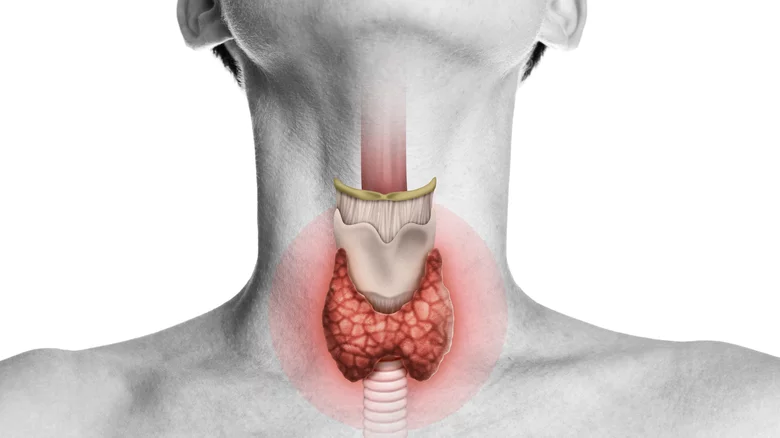How to select an Approach for Heart Failure Treatment?

A detailed analysis of the patient’s situation is required to choose the optimal method for treating heart failure, which includes evaluating the seriousness of the disease, identifying its root cause, and reviewing the individual’s entire state of being. Depending on individual circumstances, treatment strategies could entail adapting habits, medication use, device integration, or surgical procedures. Here are the key steps to consider when selecting a treatment approach for heart failure:
Accurate Diagnosis and Assessment:
Identification of the root cause and gravity of heart failure begins with a rigorous inspection. All of these elements – a thorough medical history, a comprehensive physical examination, various blood tests, an ECG/EKG assessment, ultrasound evaluations known as echocardiographies, and possibly even more specialized image-gathering techniques such as CT scans or MRIs – constitute typical steps when undergoing this particular evaluation procedure. By analyzing this evaluation, we may determine which stage of heart failure has developed and pinpoint significant reasons behind it.
Determine the Underlying Cause:
Underlying health issues that may lead to heart failure involve coronary artery disease, hypertension, valvular heart disease, or cardiomyopathy. Essential for personalized care, uncovering the root cause is crucial.
Assess the Heart Failure Stage:
Classifications range from Stage I to Stage IV depending on how heart failure is characterized by NYHA or ACC/AHA. Intervention urgency depends heavily on the diagnosis stage.
Lifestyle Modifications:
Essential adjustments in daily habits form part of managing heart failure. Core recommendations for optimum cardiac health include consuming a nutritious food plan reduced in sodium and unhealthful fatty acids; engaging in physical activity according to capacity; giving up cigarettes; enjoying modest quantities of liquor; and effectively managing tension. Depending on the context, additional strategies like fluid limitation and weight control may be essential.
Medication Therapy:
Medications are integral to managing heart failure properly. Common medications include:
– Diuretics: To reduce fluid buildup.
– ACE inhibitors or ARBs: Better cardiovascular health relies on decreasing strain and enhancing heart function.
– Beta-blockers: Goals involve enhancing pump function and decreasing heart rate via therapy.
– Aldosterone antagonists: To reduce fluid retention.
– Digoxin: Fortifying heart contraptions may be necessary (in certain cases).
Medications are tailored according to heart failure’s kind and seriousness.
Device Therapy:
Managing heart rhythm problems and improving cardiac functionality might call for tools including ICDs and CRTs.
Surgical Interventions:
Depending on their situation, patients with heart failure may undergo surgery. Among other treatments possibilities, consider coronary artery bypass grafting (CABG), valve repair or replacement, left ventricular assist devices, or heart transplantation. Advanced cases or those that prove resistant to other treatments receive surgical intervention most commonly.
Ongoing Monitoring:
Long-term conditions including heart failure require constant observation. Clinical appraisals along with diagnostic procedures are essential for checking development and modifying therapies whenever required.
Individualizing care based on each person’s requirements is essential when choosing treatment options. By pooling their expertise, a diverse team of healthcare workers including cardiologists, heart failure pros, nurses, and registered dietitians help ensure that patients receive thorough care and assistance. Patients should engage actively in discussions with their medical staff while sticking to the prescribed treatment regimen for enhanced quality of living.


